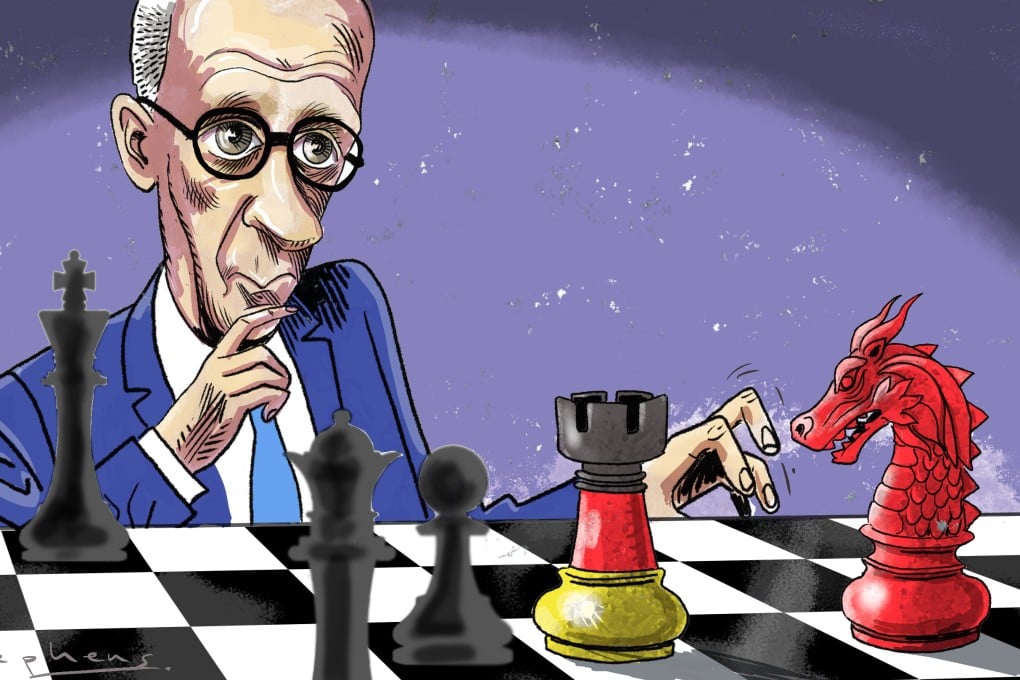Opinion | Why Germany’s leader called China’s over Ukraine – and why it matters
By inviting China into the equation on Ukraine, Merz is acknowledging that those who can shape outcomes – however flawed – must be engaged

According to the read-out, the call included appeals to common cause on climate, trade, and stability, while Xi lauded the partnership between the two nations and emphasised the need for “sound and stable” ties in a time of global flux. After all, Chinese-German trade volume alone accounted for around €246 billion (US$278 billion) last year.
This was not a routine call, but a statement of doctrine that signals a conscious pivot from values-based idealism to strategic realism. In short, it was a turn to realpolitik in its purest, Bismarckian sense.
The message was that Germany would engage China, but only on Europe’s moral terms. Merz has rejected that framework. The tone has changed and the priorities have shifted. No lectures, no preconditions – just interests.
.jpeg?itok=HjPEnbzk&v=1747124063)